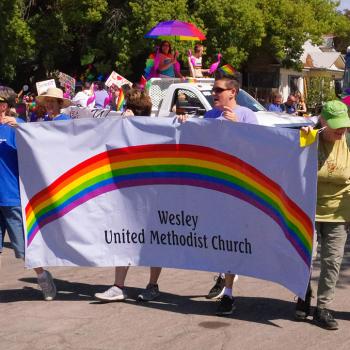Many academics view traditional marriage as a patriarchy to dominate and oppress women, all supported by Christian despots. Such a narrative is based on the theory that primitive mankind was egalitarian, matrilineal, and socialist, with communal sexual relations, despite the biological and kinship basis of heterosexual pairing.
However, for thousands of years around the world, a wife was considered a husband’s property. In ancient Jewish communities, almost every adult was married. By age thirteen, a man chose a wife who was betrothed (committed legally to marriage) and, thus, considered de facto married. The man headed the family, with the wife his property. In the Greco-Roman pagan world, marriage was reserved for citizens, and a woman shared her husband’s station as mother of his children, but she and the offspring were his.
While adultery was prohibited for women, no fidelity obligation existed for men. Older men could force marriage on pre-pubescent girls and compel them to have abortions, usually certain death for not only the baby but also the girl. Moreover, according to sociologist and historian Rodney Stark in his Pulitzer-Prize Finalist book The Rise of Christianity, infanticide was a commonplace, with baby girls disproportionately abandoned, resulting in “131 males per 100 females in the city of Rome, and 140 males per 100 females in Italy, Asia Minor, and North Africa.”
Only with the arrival of Christianity did the status of women change as obligations were placed on husbands. As Stark has shown, “Christians condemned promiscuity in men as well as in women and stressed the obligations of husbands toward wives as well as those of wives toward husbands…. The symmetry of the relationship Paul described was at total variance not only with pagan culture but with Jewish culture as well.”
Stark shows that Christianity recognized women as equal to men, all sacred to God. Christian wives did not have abortions (neither did Jewish wives), and Christians opposed infanticide, polygamy, incest, divorce, and adultery—all to women’s benefit. No longer serfs to men, women had dignity, were not rushed into marriages, and served as leaders in rapidly growing Christian communities. Christian women married older than pagans and into more secure families, had better marriages, were not forced to remarry if widowed, and were given assistance when needed.
[Keep reading. . .]
















